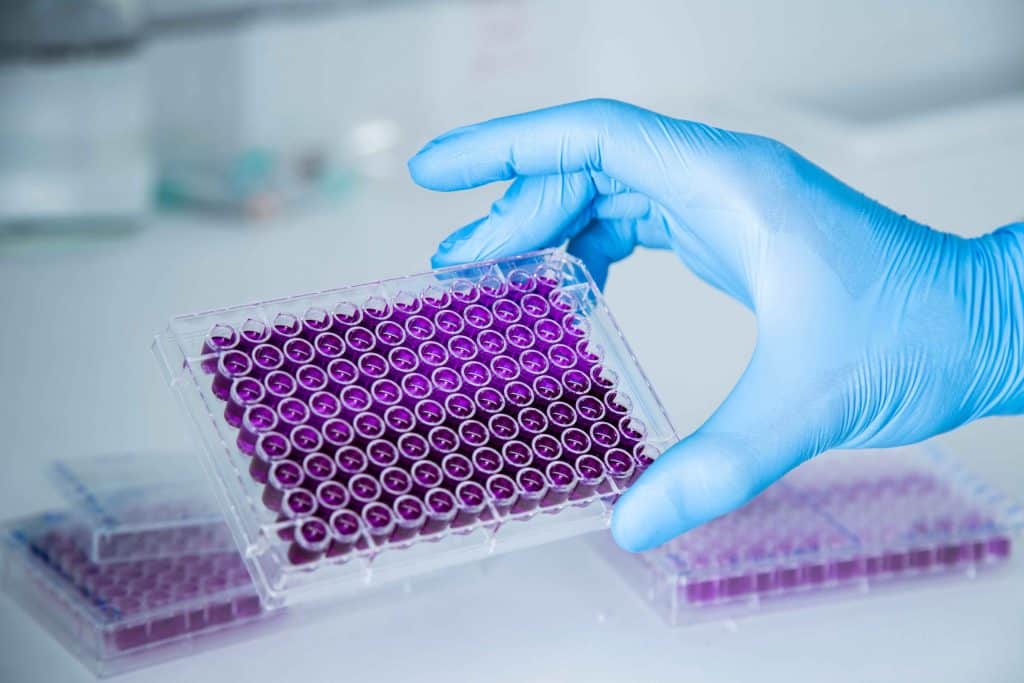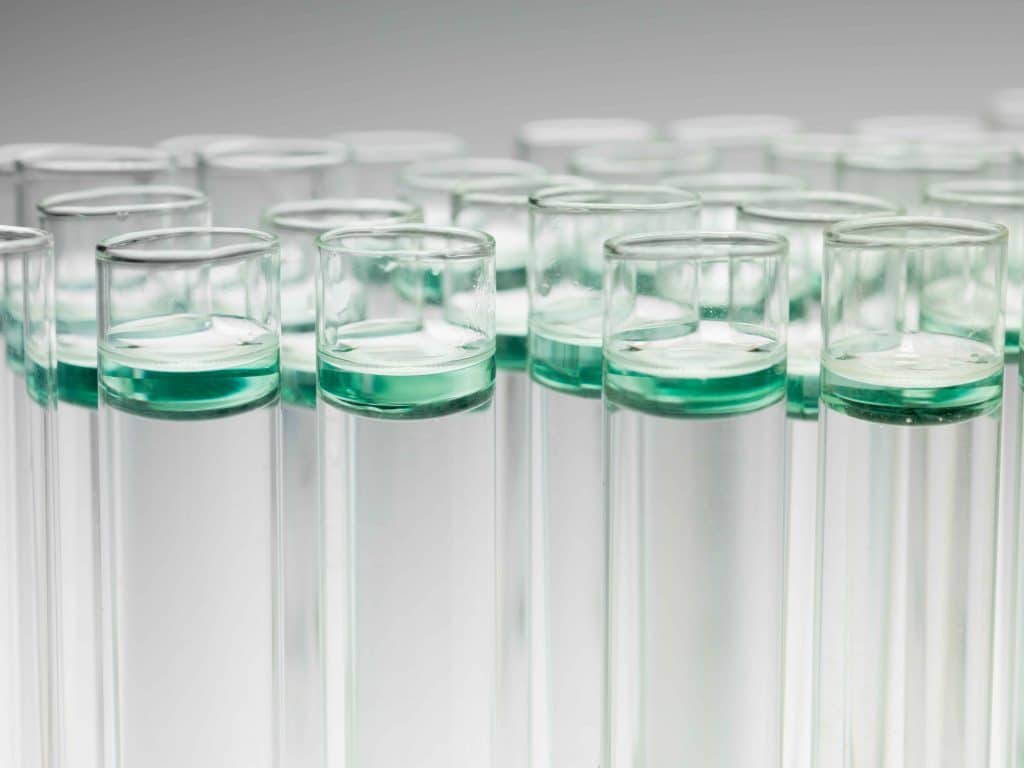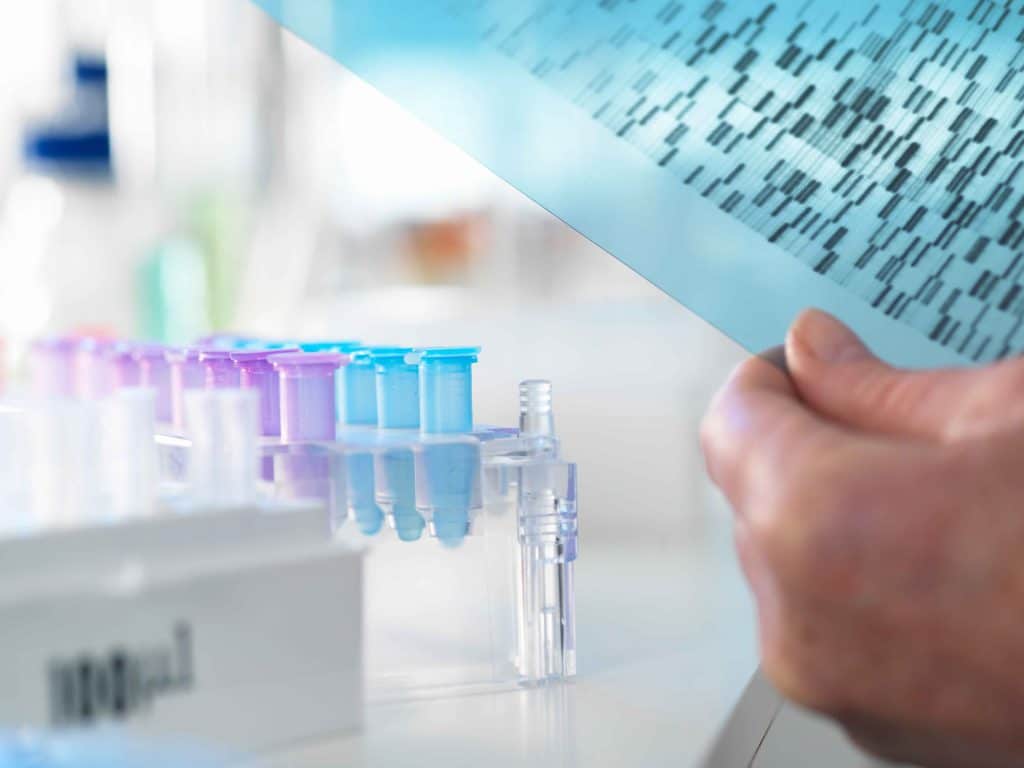Medicine is at a turning point. Chronic diseases like chronic kidney disease (CKD) and hypertension continue to rise globally, while patients wait for more precise, effective therapies. Traditional drug development is slow, expensive, and often fails to deliver on targeted solutions. But we’re now entering a new era—driven by machine learning, biological engineering, and one of the most promising innovations in modern medicine: precision peptides.

From Discovery to Design
For over a century, medicine has relied on discovering what nature has already created—isolating molecules, modifying proteins, and repurposing natural compounds. While this method has saved lives, it’s inefficient. It limits our solutions to what evolution has already produced, not what patients actually need.
This is where machine learning changes the game. By analyzing massive biological data sets, AI can now decode hidden patterns in how proteins function. These insights allow us to generate entirely new biological molecules—tailored to achieve specific therapeutic effects. Not approximations. Not evolutionary leftovers. Precision-built tools for today’s clinical challenges.

Precision Peptides: The Engineered Solution
Peptides are short chains of amino acids—simple in form, but powerful in function. With advances in peptide synthesis and computational biology, we’re now able to design peptides that act with laser precision inside the body. These precision peptides can bind to specific receptors, modulate cellular behavior, and correct underlying dysfunctions—without the off-target effects of traditional small molecules or the complexity of biologics.
In conditions like CKD and hypertension, where inflammatory signaling, vascular damage, and hormonal imbalances play central roles, we can now develop peptides that directly intervene in these pathways. Instead of treating symptoms, we can modulate the biology driving the disease.
For example:
- CKD: Precision peptides can target fibrotic signaling, protect glomerular structures, and reduce inflammation at the molecular level.
- Hypertension: New peptide candidates are being engineered to regulate vascular tone, impact renin-angiotensin signaling, and enhance endothelial function with minimal side effects.
This level of precision simply wasn’t possible with past drug discovery tools.

Beyond Treatment: Toward Regeneration
Regenerative medicine is often seen as futuristic—but with engineered peptides, it’s becoming reality. Using machine learning to decode the language of proteins, we can now create peptides that not only suppress disease but trigger repair. We’re talking about activating stem cell niches, promoting angiogenesis in ischemic tissue, and stimulating regeneration in organs once thought permanently damaged.
For instance, certain peptides can now mimic growth factors or modulate gene expression in ways that jumpstart tissue repair—without the risks of viral gene therapy or cell transplants.

A New Paradigm for Medicine
Precision peptides aren’t just a better version of what came before—they’re a complete shift in how we treat disease. They’re faster to develop, easier to produce, and can be engineered with unmatched specificity.
At the intersection of AI, molecular engineering, and clinical medicine, we’re creating a new paradigm—one where we no longer rely on trial-and-error, but instead design purpose-built molecules for targeted human health outcomes.
As a physician focused on treating chronic and regenerative conditions, I believe this is the future. It’s not a matter of “if” anymore, but how fast we can bring this science from bench to bedside.
